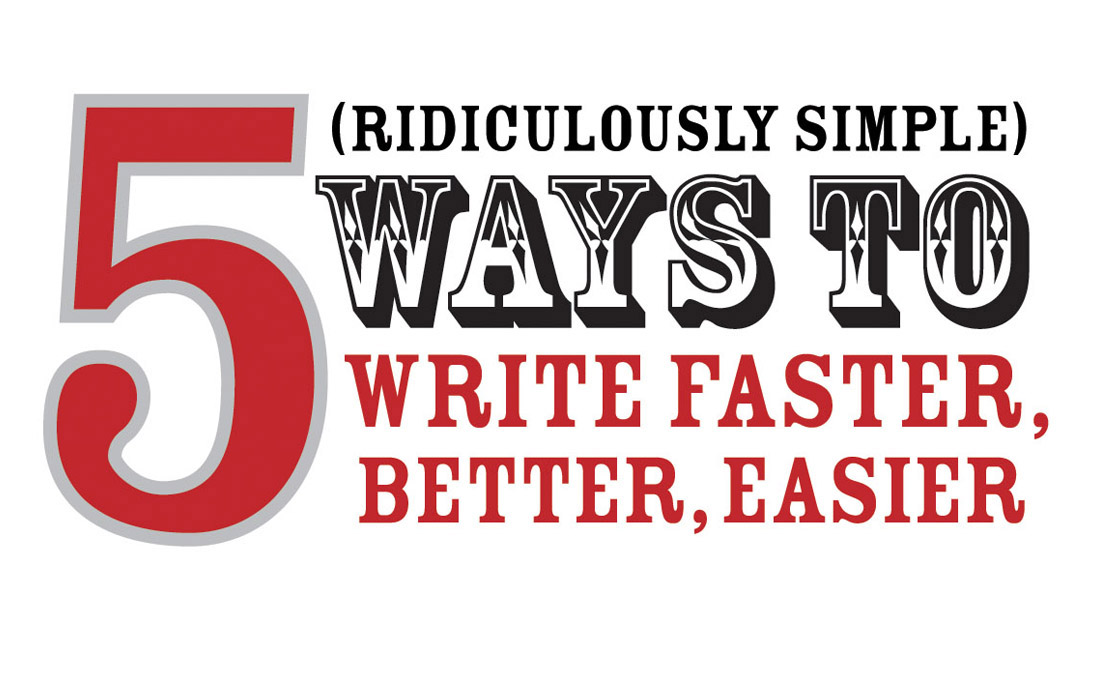My Story Part of The "Story Practitioner" Project
 Tuesday, November 4, 2008 at 09:21AM
Tuesday, November 4, 2008 at 09:21AM It's probably fair to say we often don't get a chance to tell our story to others.
I mean the full story; not the sound-bite version
Twitter, blogging and micro-blogging are all the rave but it makes getting our full story told a bit difficult, ey?
My story is part of the "Story Practitioner" project
If you're interested in knowing more than just me as a filmmaker, it's on Kathy Hansen's site, A Storied Career, as part of her series called "Story Practitioners."
As part of the project, I was asked to answer five Q&A's that taken together reveal how I got where I am today and what I value.
Kathy's website explores a wide variety of storytelling forms in media, careers, journalism, blogging and more. It's one of my favorite sites because she discovers the most unique findings on story anywhere.
A few things covered in my story...
- Spiritual masters influential to my thinking
- Responsible corporate video storytelling
- The day my rock 'n' roll dream vanished
I want to give a Kathy a huge "thank you" for inviting me to participate. It was a blast!
1. How did you initially become involved with story/storytelling/narrative?
What attracted you to this field? What do you love about it?
2. What people or entities (such as Web sites, blogs, books,
organizations, conferences, etc.) have been most influential
to you in your story work and why?
3. How important is it to you and your work to function
within the framework of a particular definition of "story?"
(i.e., What is a story?) What definition do you espouse?
4. You've written recently about "responsible corporate video storytelling."
Why is that important, and how does storytelling fit in?
5. Many practitioners agree with the idea that corporations need to tell their stories, but not that many of them are doing it with video. In your view, why is video important to the equation? Are you seeing other uses of storytelling in video that excite you?



